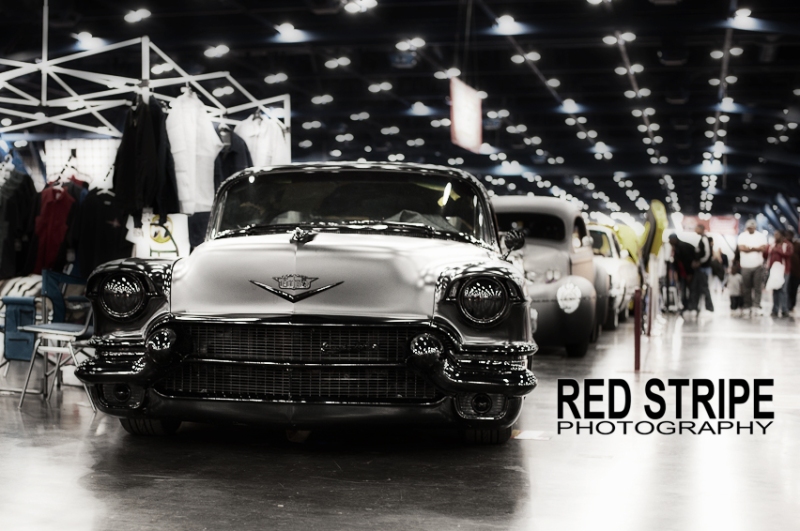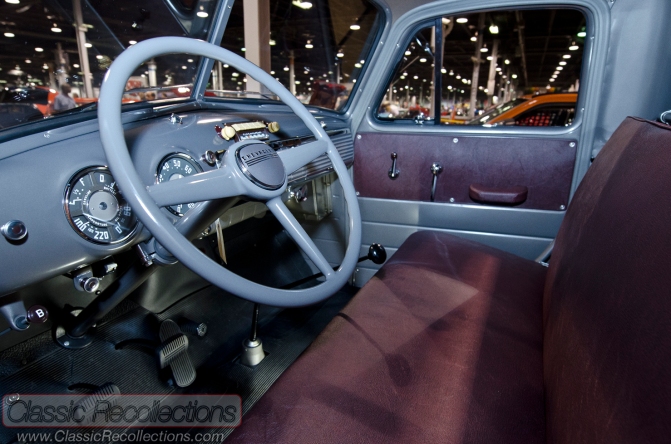Follow the link below:
Enter to Win a Shelby Cobra – Win With A Cobra.

POTD – Steven King’s Christine.
http://redstripeadventure.wordpress.com/2012/11/29/potd-steven-kings-christine/

Additional update:
According to The Standard Catalog of American Motors 1902-1987, the AMC V8 was introduced on March 5 (1956) in a new model called the Hornet Special. It displaced 250 cu. in. The 2 V8 engines were sold side-by-side until October 25, when the 1957 models were introduced. The 1957 cars, all of which were called "Hornets", came _only_ with the 327 cu. in. AMC V8 (the Hudson and Nash 6 cylinder engines were no longer available). *************** There may also be other replies, but you will not receive any more notifications until you visit the forum again. All the best, AACA Forums
From over on Antique Automobile Club of America.
http://forums.aaca.org/f169/engine-line-up-1956-hudson-part-340657.html#post1104154
Kevin wrote:
Quote Originally Posted by misterc9 View Post
AMC bought V8 engines and automatic transmissions from Packard. They installed them in Nash and Hudson cars in 55 and 56. Their own AMC V8 was ready for 57 so I think they only used their own engines from 57 on.
Kevin

56 Hornet
Thanks Kevin.
Tim
I need to finish this one up so here are the V8 offerings for the 1956 Hudson.
Interesting enough one was called the Packard Eight and the other was the Hornet Special Eight.
The Hornet Special Eight was a V8 with overhead valves. It was a cast iron block that displaced 250 cubic inches. The bore and stroke were 3.50″ x 3.25″ and a compression ratio of 8.0:1 helped produce about 190 hp. This was topped by a Carter WGD two barrel carb (Model 235S).
The Packard Eight, was it the really a Packard engine?
What I do know is that the Hudson engine was a V8 with overhead valves and cast iron block. It sported a bore and stroke of 4″ x 3.50 (which means the bore was half an inch larger than the Special and the stroke was quarter of an inch larger. This upped the compression ratio to 9.5:1 and displacement up to 352 cid. Topped with a Carter carb WGD two barrel (Model 2231SA it produced 220 hp.
But was it a Packard engine?
It may have been. In 1955 Packard powered some of its models with what they called the Clipper Custom or the Packard Line V8 (up until that date any Packard 8 cylinder was an L head). This engine had the same bore and stroke, compression and displacement (352). It had more horse power but that was more likely attributed to the 4 barrel Carter carbs that were used (models 2232S or 2284S). Packard also used Rochester Type 4GC four barrel carbs on some of the models. So I can’t conclude for certain that it was the same engine, but I believe it was. I’ll see if I can find the answer with more research.

56 Hornet
Thanks for reading.
Tim
MCACN: 1952 Chevrolet 3600 Pickup Truck.

To seem more follow the link above to Classic Recollections.
I love the painted dash on this 52 pickup.
Thanks for reading.
Tim
Today, no matter what, even if you can only manage to muster up a single moment, be thankful for what you have right now!!!
Even the simple things, like a dollar in your pocket, a warm meal, a friend, or your faith.
Have a GREAT THANKSGIVING!!!
Thanks for reading.
Tim
This looks like FUN!!!
GREAT LOOKING CAR!!!
Next up we have Hornet Six and the Hornet Twin-H Six.
The Hornet Six was a cast iron power plant and displaced 308 CID. Like all the Hudson 6 cylinders this was an in-line L-head. This had 3 – 13/16 bore and 4.50″ stroke and a compression ratio of 7.5:1 and with a two barrel Carter carb (WDG Model 2252S) it would be the Hornet down the street with 165 hp.

Here a commercial image of the Cater WGD carb.
The Hornet Twin-H Six is basically the same engine, same displacement, bore and stroke, but this was topped with 2 WA-1 Carters (Model 2113S) one barrel carbs. This set up helped it reached 175 hp.

1956 Hornet

Twin-H 308 CID Straight Six
Thanks for reading. The V8’s are coming up!!
Tim